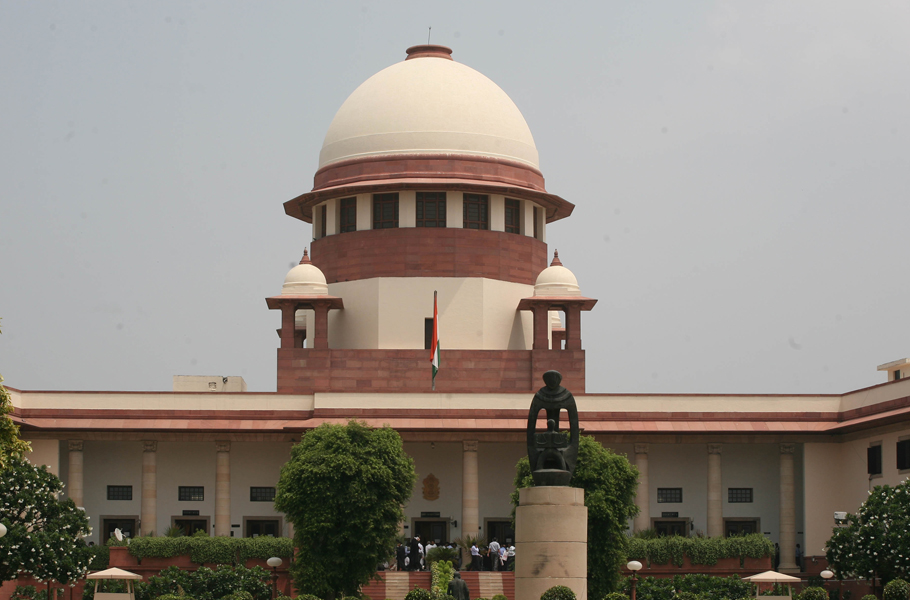
'Vague response' won't do, says SC; forms panel to probe Pegasus scandal

The Supreme Court on Wednesday (October 27) ordered the formation of a three-member independent committee to probe the Pegasus snooping case.
The probe panel will consist of Dr. Naveen Kumar Chaudhary, professor and dean of National Forensic Sciences University, Gujarat; Dr. Prabhaharan P., professor at Kerala’s Amrita Vishwa Vidyapeetham; and Dr. Ashwin Anil Gumaste, institute chair associate professor of Computer Science and Engineering at IIT-Bombay.
The functioning of the committee will be supervised by formed Supreme Court judge Justice R.V. Raveendran, the bench headed by Chief Justice N.V. Ramana said while disposing of a batch of petitions related to the case.
A global collaborative investigative project in July reported that Israeli company NSO Group’s spyware Pegasus was used by its clients to target at least 300 Indian telephone numbers belonging to two Union cabinet ministers, three Opposition leaders, journalists, activists, lawyers and students. The leaked database of over 50,000 phone numbers worldwide was first accessed by French firm Forbidden Stories and Amnesty International before being shared with 14 other media houses.
Also read: Pegasus snooping: Latest instance of deficient Indian democracy
The issue had kept the government on the tenterhooks with the Opposition demanding an independent probe into the scandal and even demanding the sacking of Home Minister Amit Shah.
The Supreme Court in an earlier hearing on the case on September 13 had said that it will pass an interim order on pleas seeking an independent probe into the case, in the next two or three days. However, on September 13, the court said that it needed time to pass the order as some experts it had selected for the probe committee have expressed their difficulties to be part of the investigation.
On Wednesday, the court said the petitions have raised an ‘Orwellian concern’ of surveillance with some of the petitioners claiming of being direct victims of the snooping scandal and alleging inaction by the Centre.
The court said that “indiscriminate spying” on citizens cannot be permitted except it is approved by law, adding that such spying hinders freedom of speech and affects the democratic fabric of the country in the process.
The bench said even though a notice was issued to the Centre and enough time was given to furnish details of all the actions taken by it in regards to the snooping scandal, the responses were limited and vague.
“If they had clarified they would have reduced the burden on us,” the apex court observed.
Stating that a “vague denial” from the government on the issue was not sufficient, and that the court will “not be a mute spectator” to the issue even though it will not encroach upon national security, the bench said an expert committee was needed to go to the root of the issue.


